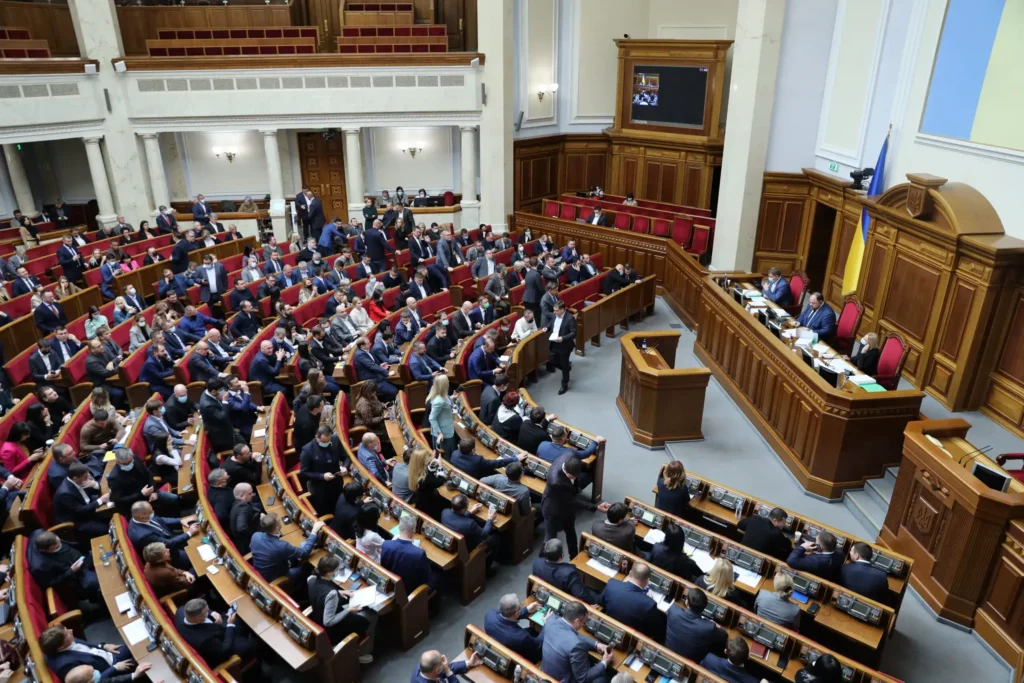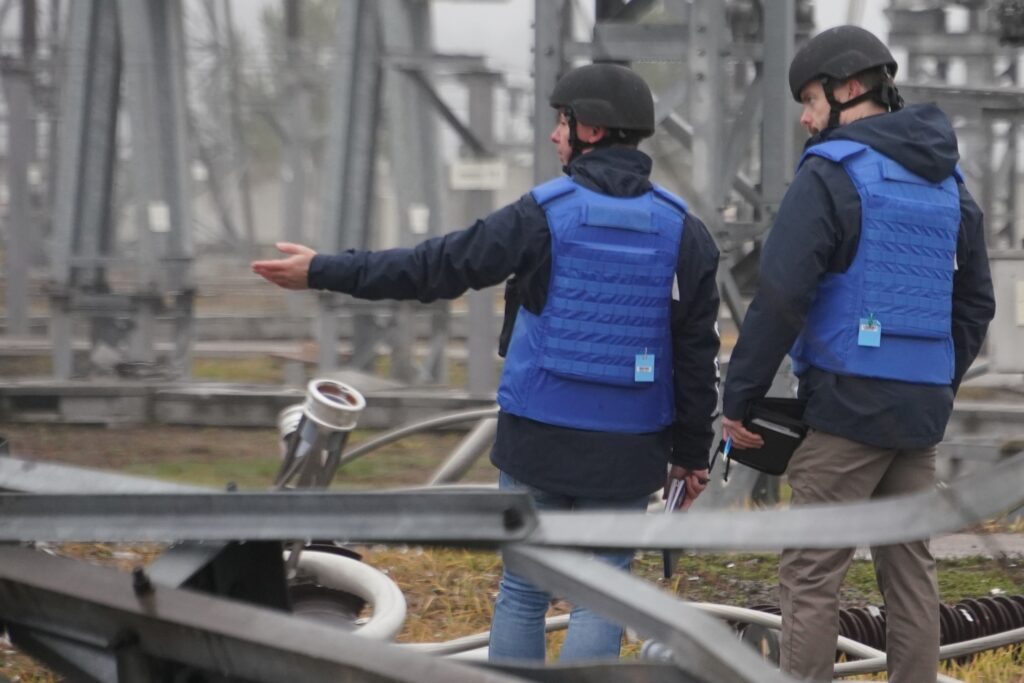“Cheap manipulation” or constructive? Analysing Vyatrovych’s antitheses on daylight saving time
18 July 2024 16:13
The Verkhovna Rada has cancelled daylight saving time – on 27 October, Ukrainians will switch to winter time for the last time. The new law was immediately criticised by scientists and politicians.
Volodymyr Viatrovych, an MP and former head of the Ukrainian Institute of National Remembrance, reacted particularly sharply to the decision of the Verkhovna Rada. He called the law “an openly harmful and anti-European step”. [
MPVolodymyr Viatrovych first of all drew attention to the change in daylight hours. He says that the sun will rise at almost three o’clock in the summer, and darkness will fall in October during the working day.
” [….] This is an openly harmful and anti-European step. Secondly, it will significantly increase energy consumption, which is already a disaster in our country and which was invented to save daylight saving time. Thirdly, it is an outright reversal in this issue from the European Union to Russia and the countries of Asia and Africa,” Volodymyr Viatrovych said
The MP demonstrated a map. He marked in blue the countries where clocks are set to daylight saving time. According to Vyatrovych, this clearly demonstrates that Ukraine has followed the path of Putin’s Russia and Lukashenko’s Belarus.
HOW WILL THE CANCELLATION OF DAYLIGHT SAVING TIME AFFECT THE ENERGY SECTOR?
Nothing harmful will happen to the energy sector if daylight saving time is cancelled. Says Olga Buslavets, Honoured Power Engineer of Ukraine and former Minister of Energy, in a commentary for Kommersant. “But these time changes are Soviet remnants that we have been living with for a long time, and they are unjustified.
“This is a normal European practice. I see no harm to the energy sector. The only thing that needs to be done is to reformat the billing systems that ensure resource accounting. But this is not done at great material or human cost. And if everything is prepared in advance, there will be no problems,” Olga Buslavets
STATEMENTS ABOUT “ANTI-EUROPEANISM” ARE CRAZY
Financial expert, investment banker and publicist Sergiy Fursa specially for
“The idea to save money was 100 years ago, in 1916, when this transition was first introduced. It was a completely different technological era, a different economy. Now there is no research that this gives any savings. And from the point of view of efficiency, it does not hinder the economy in any way,” Sergiy Fursa
Indeed, the first time clocks were set back was during the First World War, when it was necessary to save coal used to heat homes. First, clocks were set back in Germany (1916), then in Britain (1916) and the United States (1918). However, workers and peasants opposed daylight saving time, saying that it stole the light part of the evening, when they usually graze their cattle. Therefore, daylight saving time was cancelled until the Second World War, when European countries had to switch to energy saving mode again. With the onset of peace, Europe began to abandon daylight saving time.
From the point of view of “anti-Europeanism”, this is insane, says Sergey Fursa. After all, the European Union has already made a decision on a fundamental level to refuse to switch back to daylight saving time. One of the reasons is health risks. And, according to Fursa, the only thing left to do now is to implement this decision in the EU. Now there is only a discussion on which time zone to choose.
“This decision cannot be anti-European, because Europe itself is switching to such a normal regime. And this is a cheap manipulation: look, they do it in Russia, so we will do it too,” Serhiy Fursa
CHANGING THE CLOCKS. HIDDEN HEALTH RISKS
Daylight saving time (DST) can have several negative health effects. Doctors and psychologists name the main ones:
- Sleep disorders. Time changes can affect a person’s biological clock, which leads to sleep problems. People may have difficulty falling asleep or waking up at the new time.
- Stress and fatigue. Sleep disturbances often cause stress and fatigue, which can reduce productivity and ability to concentrate.
- Increased risk of cardiovascular disease. Some studies show that the number of heart attacks and strokes increases in the first days after daylight saving time.
- Decreased immunity. Chronic sleep disturbance can weaken the immune system, making a person more vulnerable to infections and diseases.
Author: Anastasia Fedor
For more news, follow Kommersant Ukrainian on Telegram: https: //t.me/komersant_ukrainskyi









